I’m happy to write today about our collaboration with the American Association of Physicians of Indian Origin (AAPI), announced at the AAPI Convention in San Antonio at the end of June. Cardiovascular disease (CVD), cardiac arrest and stroke know no borders, and we will work closely with the AAPI to help save lives in India and the United States.

Consider these alarming statistics: In our world today, more than 6.6 million children don’t reach their fifth birthday. That’s nearly 18,000 children every day. Sixty percent are dying from treatable conditions like acute respiratory infections, diarrhea and sepsis.
In India, this means 56 out of 1,000 children do not reach age five.
AHA and AAPI believe this is unacceptable and share a commitment to support United Nations Millennium Development Goal 4 designed to reduce mortality among children under age five by 2/3 by 2015.
We believe early detection and good training can improve cardiovascular health and save more children’s lives. Together, we plan to:
- Introduce Saving Children’s Lives training program in India:
o This healthcare training program is specifically designed to improve care for children in limited-resource areas in the first stages of illness – starting with the community health worker all the way to the advanced care practitioner.
o The AHA’s Pediatric Assessment, Recognition and Stabilization (PEARS®) course helps providers recognize and stabilize illnesses that can quickly become deadly.
- Expand the curriculum of resuscitation science in all Indian medical colleges using AHA teaching material like our Basic Life Support, Advanced Life Support and Pediatric Advanced Life Support programs.
- Develop training faculty in India to assist with the demand for instructor-led resuscitation training.
- Launch community programs in India and the US to raise awareness of heart attacks and strokes.
For 30 years, the AHA has been a world leader in pediatric emergency care science and training by funding research, writing guidelines and training nearly 15 million people in lifesaving skills each year.

Together with the AAPI, we are uniquely positioned to make an impact. We will create an exchange of ideas and shared actions between our organizations that can improve access to quality healthcare regardless of where one lives.

John, Great blog, thank you for AHA’s commitment to start programs at India, I am very excited to be part of this initiative, Nitin.
Thank you AHA and lawmaker, students should be required to learn CPR and maybe the general public also.
It is wonderful to see that the American Heart Association is making efforts to help those in need and spread awareness. As a firefighter I see the needs of those here in the United States I cant imagine the needs of those abroad. Keep up the good work!
Josh
http://www.Frontlinecprcertification.com